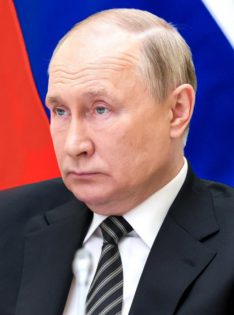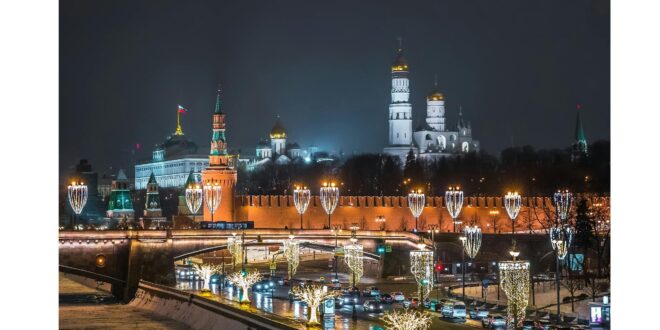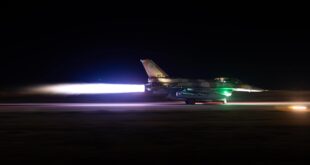COMMENTARY by Susan Katz Keating
When Vladimir Putin embraced assassin Vadim Krasikov at the airport in Moscow on August 1, the Russian president looked jubilant. He had reason to celebrate. Putin’s operator, the convicted killer, was home. So, too, were the other nine Russians who were released as part of a complex prisoner swap with the West. But the gleeful Putin also was a re-empowered Putin, flush with confirmation that ransoms are alive and well in the world of international gamesmanship. The calculated gamble of hostage-taking still works – as we saw on the ramp last week in Moscow.
“Congratulations on your return to the Motherland!” Putin beamed to his returnees. He promised them awards, and heaped on the praise: “Thank you for your loyalty to your oath and your duty to your Motherland, which has never forgotten you for a moment.”
READ MORE: In Prisoner Swap, Moscow Recoups Street Creds Within Its Ranks of Expeditionary Hitmen and Arms Dealers
Not one to allow himself to be outdone on the exchange metrics, Putin dismissed the prisoners he traded, casting them as no-goods. So, too, did former Russian President Dmitry Medvedev.
“Let’s be honest – they are traitors,” Medvedev wrote on Telegram. He added: “They are an existential threat to the existence of today’s Russia. They are the servile servants of our enemies.”
Clearly, Moscow wants Russians to believe that Putin scored the better end of the deal, giving up trash while taking in treasure.
Propaganda and messaging wins aside, though, the prisoner exchange will be a key selling point for GRU recruiters.
Putin demonstrated his solidarity with the killer class, showing that he has their backs when they get into tight spots overseas. Even if they get arrested and sentenced to life in prison, as Krasikov was, Putin will buy their freedom using the currency of American citizens or Russian civic activists.

Vladimir Putin
What now, post-swap? Beyond the celebrations surrounding the August 1 prisoner exchange, other less fortunate captives remain behind bars in Russia.
They include Marc Fogel, a teacher arrested at Moscow’s Sheremetyevo Airport while carrying a small amount of what he said was medical marijuana; U.S. Army Staff Sergeant Gordon Black; and others.
Newly returned prisoner Evan Gershkovich spoke about the other captives shortly after he was released from Russia.
“I think it would be good to see if we could potentially do something about them as well,” Gershkovich said when he stepped off the plane onto U.S. soil.
Moscow might not be in a hurry, though, while waiting to see who else from its ranks might come up for trade.
Nor can anyone be assured that the swap is a completely done deal. In a chilling warning, Dmitry Medvedev hinted that retribution may still be in the works. Russians who were released in the August 1 exchange should worry about the long arm of Moscow, he suggested.
“Let them continue to choke on their barking, dreaming of tearing our country’s body apart and subordinating its bloody pieces to the power of their Great Master,” Medvedev wrote on Telegram. “But at the same time… let them not forget about the frailty of their existence in this world. In short, look around.”
Krasikov, for his part, has not announced whether he plans to go back on the road. Perhaps he will acquire fresh disguises, more weapons, and getaway bicycles, to take on a new set of assignments. Or maybe he will retire to a lofty position, teaching his methods to up-and-coming assassins. As part of his lesson plans, he can assure the student hit-men that if they are caught in the act of being expeditionary assassins, Moscow will bring them safely home.
Because, as Putin knows, the calculated gamble of hostage-taking still works well for the Kremlin.
Susan Katz Keating is the publisher and editor in chief at Soldier of Fortune.
 Soldier of Fortune Magazine The Journal of Professional Adventurers
Soldier of Fortune Magazine The Journal of Professional Adventurers






